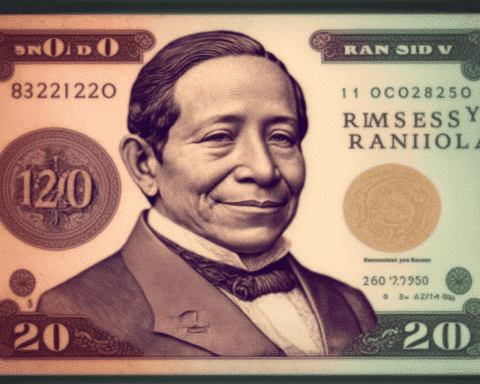The Mexican government has banned the display and advertising of cigarettes and expanded the list of places where smoking tobacco is prohibited, effective this Sunday.
Mexico has recently implemented a series of measures to restrict tobacco products’ advertising, display, and consumption to reduce cigarette access for adolescents and decrease the overall smoking population.
The new law bans all forms of advertising, promotion, and sponsorship of tobacco products in any media and even prohibits cigarette brands from being advertised on social media platforms, by influencers, on streaming services, or through subliminal advertising in television and film productions.
The Mexican government is taking strong action against the tobacco industry by implementing a series of measures, starting this Sunday, to restrict tobacco advertising, display, and consumption.
These changes are part of an amendment to the General Law for Tobacco Control, which was passed at the end of 2022.
The new regulations aim to reduce cigarette access for adolescents and decrease the overall smoking population, which is currently estimated at 15 million people, according to the National Institute of Public Health (INSP).
The new law in Mexico heavily restricts the advertising and promotion of cigarettes.
According to the decree published in the Official Gazette of the Federation, all forms of advertising, promotion, and sponsorship of tobacco products in any media are prohibited.
The regulation is very specific and even prohibits cigarette brands from being advertised on social media platforms, by influencers, on streaming services, or through subliminal advertising in television and film productions.
Furthermore, the law requires stores that sell cigarettes not to display them on counters, but it does not prohibit the sale of cigarettes.
Additionally, the new measures also expand the list of places where smoking is prohibited.
The law now includes outdoor spaces where people gather in groups, such as patios, terraces, balconies, amusement parks, playgrounds, or places where children and adolescents congregate, urban development parks, sports parks, beaches, entertainment centers, fields, stadiums, arenas, shopping malls, markets, hotels, hospitals, health centers, medical clinics, places of worship, places of food and beverage service, and transportation stops.
The new law has generated criticisms from the business community.
Some employers in the country have announced that they will take action to protect against the damage the measures are causing to the tobacco industry.
A group of business chambers issued a statement this week, saying, “The Ministry of Health exceeds its powers by assuming the functions of the legislator, and it would be the first time in the country that by official order a legal product is hidden for sale.”
The employers have noted that the ban will significantly impact small merchants’ sales and have described the decree as “an abuse of authority” by the government.
Mexico has banned smoking in enclosed spaces since 2009, requiring restaurants and bars to create designated smoking areas.
The new regulation now prohibits these establishments from selling food or drinks to customers while they are smoking.
The National Institute of Public Health (INSP) estimates that the average tobacco consumer in Mexico smokes 7.4 cigarettes per day and spends 287 pesos per month on the product. The average age at which adolescents begin using tobacco is 14 years old.
Mexico’s new law on tobacco control is a strong step towards reducing access to cigarettes for adolescents and decreasing the overall smoking population in the country. The measures aim to restrict tobacco products’ advertising, display, and consumption and expand the list of places where smoking is prohibited.
The law has faced criticisms from the business sector, who claim it will have a significant impact on the sales of small merchants, but the Mexican Government’s decision to implement these measures shows the commitment to promoting public health and reducing the health risks associated with smoking.
The success of this law will depend on the effective implementation, monitoring, and enforcement of the law by the relevant authorities.




